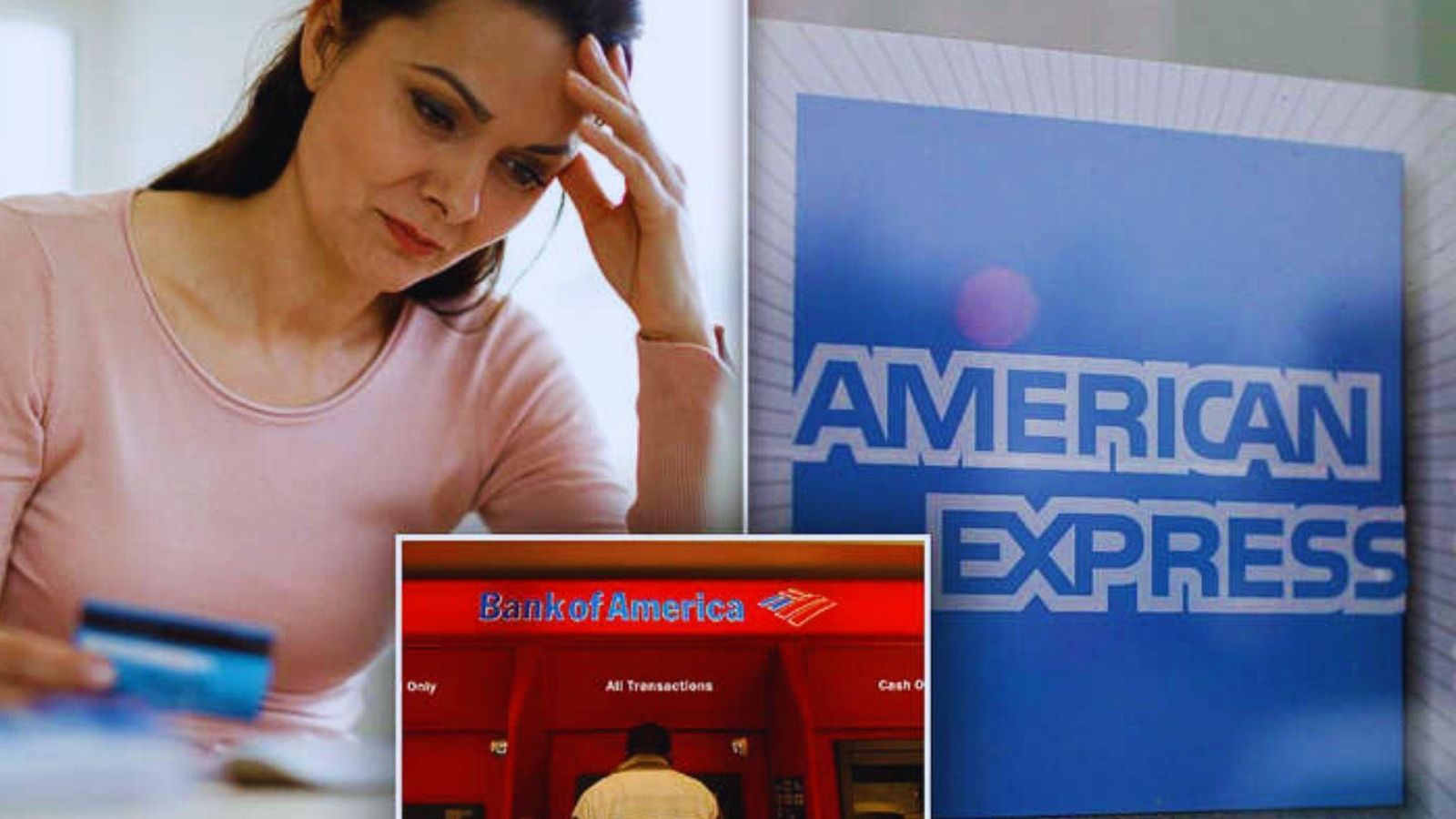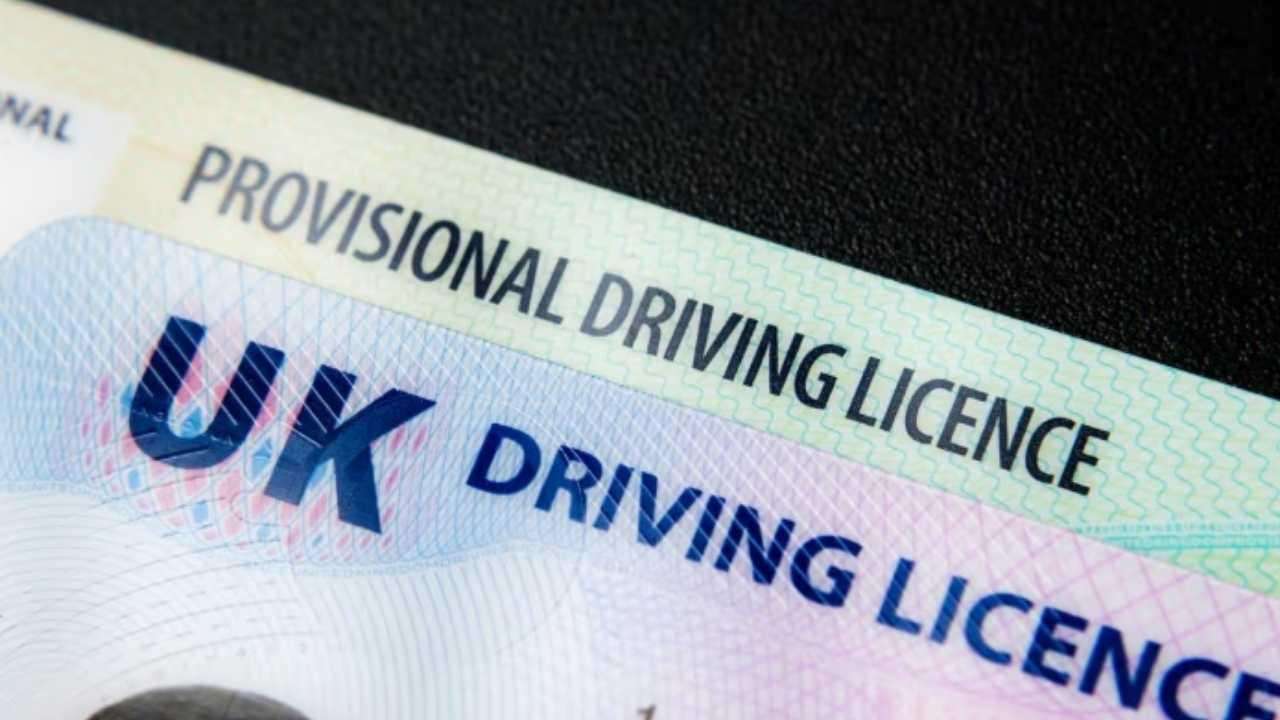Major credit card issuers have come under fire from a consumer watchdog for depreciating airline miles and rewards points. Large credit card issuers have been accused by the Consumer Financial Protection Bureau (CFPB) of enticing consumers with the promise of benefits and rewards only to fall short of fulfilling those promises. According to the watchdog, businesses may be in violation of the law if they conceal the terms for receiving or retaining awards in the fine print.
In a circular to other law enforcement agencies, the CFPB stated that it had to take action against issuers including American Express and Bank of America for engaging in unlawful credit card rewards program practices. Since the COVID-19 pandemic, companies like American Express and JPMorgan Chase have faced criticism as inflation has caused the value of points to continue declining. For a long time, the value of a point redeemed through internet banking was around one cent. However, the Bureau of Labor Statistics estimates that since 2018, one penny has lost almost 20 percent of its purchasing power.
This means a point has also fallen in value by about the same amount, according to The Wall Street Journal . 50,000 points built up with a major credit card issuer in 2020 were worth around 41,300 in October this year, according to the outlet. As of 2022, three quarters of all general-purpose credit cards were rewards cards, according to Reuters. Many consumers choose which card to apply for based on the rewards offered, the CFPB said.
Issuers often promise cash, points, and miles as sign-up bonuses to consumers, as well as rewards for certain types of spending. But consumers have reported to the watchdog how the rewards can be difficult to redeem or are sometimes devalued by the companies. It also found how some companies hide the conditions for earning or keeping rewards.
'Fine print disclaimers or vague terms buried in a contract may unlawfully conflict with prominent promotional language advertising the rewards consumers can earn,' the CFPB said. 'Companies may also illegally rely on fine print to cancel valuable rewards that consumers have already earned.' Rohit Chopra, director of the CFPB, said: 'Large credit card issuers too often play a shell game to lure people into high-cost cards, boosting their own profits while denying consumers the rewards they've earned.
'When credit card issuers promise cashback bonuses or free round-trip airfares, they should actually deliver them.' In 2012, the CFPB ordered Bank of America to pay $85 million to around 250,000 customers for 'illegal card practices.' Bank of America, meanwhile, paid more than $100 million to customers last year. Industry groups hit back at the report, accusing the CFPB of chasing headlines and tarnishing a popular product.
Rob Nichols, president of the American Bankers Association, said in a statement that complaints about credit card rewards were 'extraordinarily uncommon' and accused the CFPB of putting political pressure on card issuers, Reuters reported. President-elect Donald Trump has yet to name someone to run the watchdog next year, but experts say the industry is likely to take a very different approach to regulation under the next administration. Trump ally Elon Musk, meanwhile, has spoken about abolishing the agency entirely.
Cardholders racked up a stockpile of points worth more than $34 billion in 2023, according to annual reports from major card companies American Express, Capital One and JPMorgan Chase. Inflation starts to bite into the value of points if users redeem them directly through a bank's portal or online app. The conversion rate for points changes, however, when you transfer them out of the bank's portal and into a frequent flier or other points program.
Many airlines have upped the number of points needed to book in order to reflect how prices have increased with inflation. Other airlines are now pricing the fares for point users more similarly to how they set the cash value for flights. In 2015, Delta, for example, switched its points fares from a flat-price model to dynamic pricing based on timing and customer demand.
Other airlines, like American and United, have since done the same. Credit card issuers have typically offered points more liberally over the last few years since the pandemic, Tiffany Funk, president and co-founder of Point.Me, which tracks credit-card reward values, told The Wall Street Journal. That is instead of increasing the value of rewards to keep up with inflation.
Want more stories like this from the Daily Mail? Visit our profile page and hit the follow button above for more of the news you need.








.svg)



